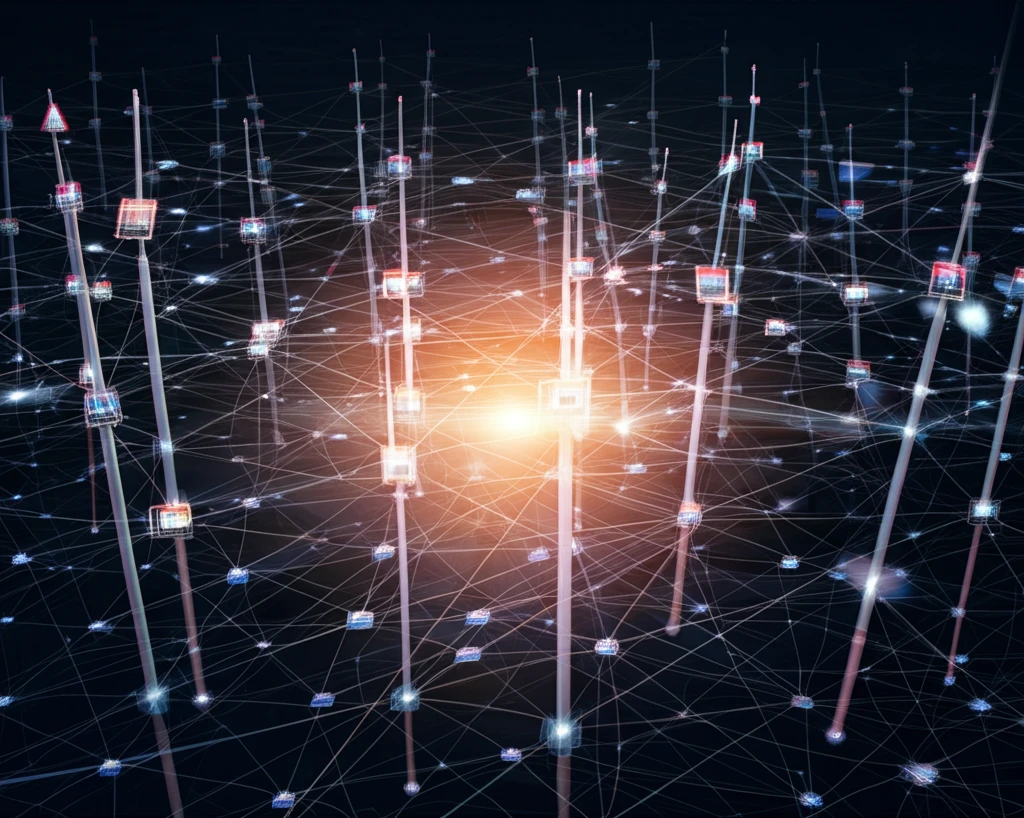
Decoding Sustainable Energy: A Guide to Systemic Change
"Is transitioning to sustainable energy more complex than you thought? Dive into the intricate layers of technology, economics, and societal impact."
The shift towards sustainable energy is more than a trend; it's a necessity. The traditional energy system, deeply entrenched in our societies, is complex, involving technologies, regulations, economic factors, and ecological interactions. Transforming this intricate web into a sustainable model presents a considerable challenge.
The term "sustainable" itself requires a broad discussion, moving beyond simple technological or environmental definitions. This exploration will highlight elements within the energy system and reveal interdependencies, making it clear why change is vital, irrespective of climate protection arguments.
While Germany's focus on climate protection drives its energy transformation, the actual motivations and global impacts vary widely. Understanding the broader context, including the limitations of national measures and the significance of global industrial processes, is crucial.
Why Can't We Simply Swap Fossil Fuels for Renewables?

A significant challenge lies in the complexity of transitioning away from fossil fuels. While there's a push to replace them with renewable energy sources (REN), a simple "drop-in" solution isn't viable. This is due to technical hurdles that prevent a straightforward substitution. Fossil fuels offer a controllable form of energy, whereas renewables are intermittent and non-controllable.
- Intermittency: Solar and wind power fluctuate, requiring backup systems.
- Storage Limitations: Current storage technologies are inadequate for large-scale renewable integration.
- Grid Infrastructure: Existing grids are not designed to handle the decentralized nature of renewable sources.
Navigating the Path Forward
Achieving a sustainable energy future requires a holistic understanding of the energy system's intricate components and their interdependencies. It's not merely about replacing fossil fuels with renewable sources. Instead, it's about transforming the entire energy ecosystem, considering technology, economics, societal needs, and environmental impact. The solutions lie in acknowledging this complexity and working towards integrated strategies that address all aspects of the challenge.
